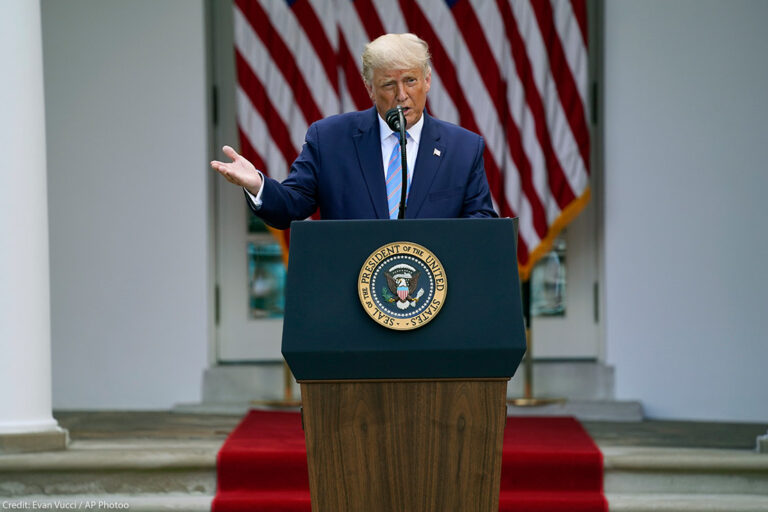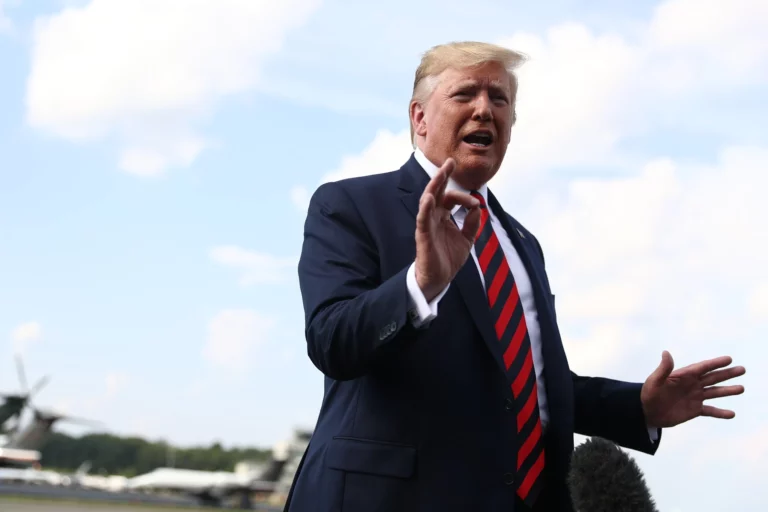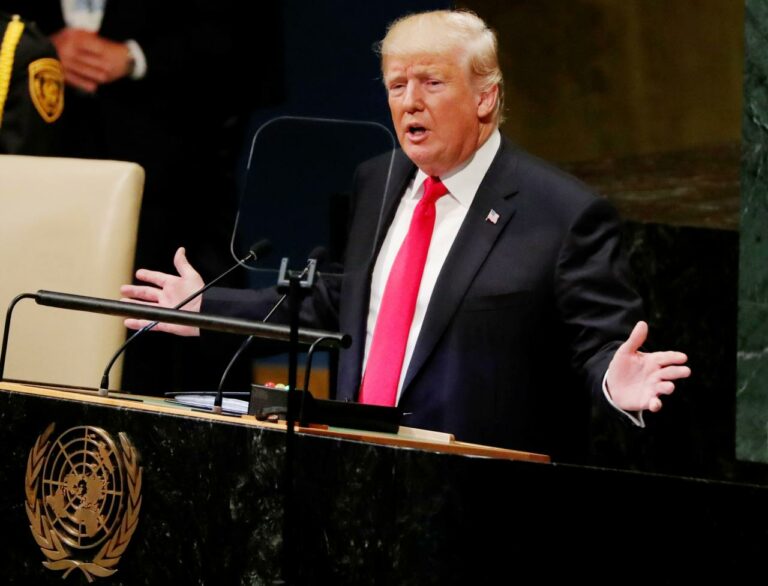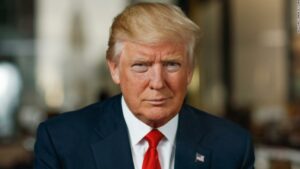To begin with, Donald Trump’s presidency was a whirlwind of controversy, but one persistent thread stands out: his embrace and amplification of conspiracy theories. From birtherism to QAnon, Trump’s social media and public pronouncements became a fertile breeding ground for these outlandish narratives, reshaping the political landscape and leaving a lasting impact on American society.
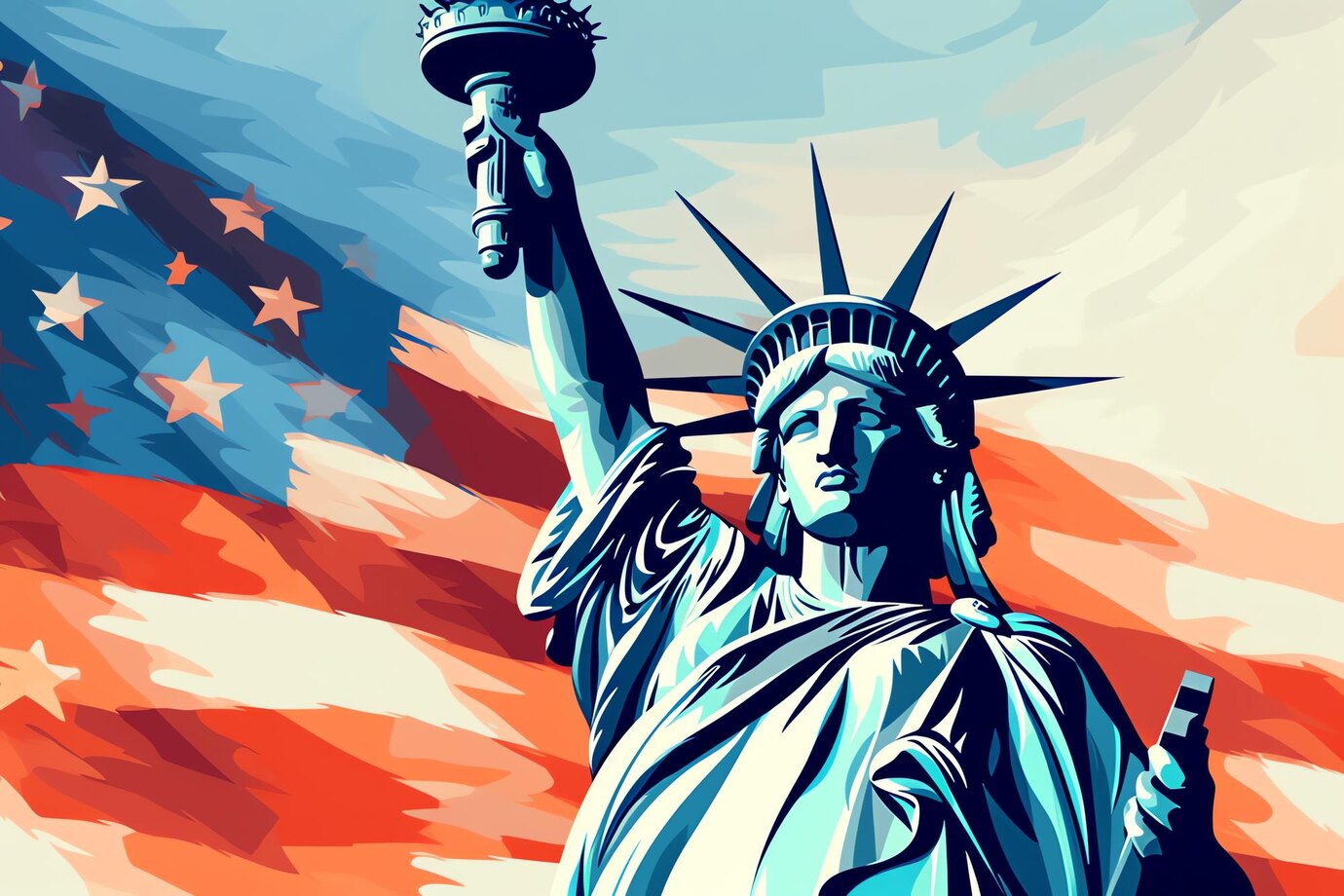
Distrust and Disinformation
Furthermore, Trump’s predilection for conspiracy theories wasn’t a mere political quirk, but a deeply ingrained habit that predated his White House ambitions. Birtherism, the baseless claim questioning Obama’s US citizenship, was a potent weapon in his arsenal, stoking racial anxieties and delegitimizing the nation’s first Black president. It wasn’t just about Obama himself; it was a calculated erosion of trust in established institutions, a fertile ground for sowing doubt and discord. This early foray into the realm of conspiracy laid the groundwork for a future where Trump would embrace increasingly outlandish narratives, finding fertile ground among those already primed to question authority and embrace alternative realities. More so, the birther episode wasn’t just a political footnote; it was a chilling foreshadowing of the conspiratorial whirlwind to come.
A Bullhorn for Untruths
Moreover, Trump’s rise to power coincided with the height of social media’s influence. Additionally, Twitter became his weapon of choice, a platform to bypass traditional media filters and directly connect with his base. He used it to amplify fringe voices, retweet conspiracy-laden accounts, and spread misinformation about election fraud, vaccines, and myriad other topics.
Embracing the Fringe
Perhaps the most alarming development was Trump’s increasingly open endorsement of QAnon, a sprawling conspiracy theory alleging a global cabal of Satanic paedophiles operating within the government. Trump’s retweets, coded messages, and refusal to denounce QAnon fueled its growth, legitimizing it for thousands of followers and raising concerns about the potential for real-world violence.
The Erosion of Trust
The persistent dissemination of conspiracy theories by Donald Trump has had a corrosive impact on trust within established institutions, media, and the scientific community. Supporters, exposed to alternative narratives, have become inclined to question the very foundations of information. This erosion of trust has catalyzed a societal fracture, where individuals exist within echo chambers of conflicting perspectives. To add on, the resultant fragmentation impedes effective policymaking, as consensus-building becomes increasingly challenging. Moreover, this divisive information landscape exacerbates social divisions, making it harder to bridge ideological gaps and find common ground. In the face of genuine crises, such as public health emergencies or environmental challenges, the fractured nature of society complicates efforts to garner unified responses. Additionally, Trump’s approach to information has left a lasting impact, highlighting the broader implications of a society polarized by divergent narratives and the challenges it poses to collective decision-making and social cohesion.
Real-World Consequences
Furthermore, the consequences of Trump’s conspiracy-driven rhetoric has been far-reaching. The January 6th Capitol riot stands as a stark reminder of how these narratives can fuel violence and endanger democracy. Moreover, the spread of misinformation has hampered public health efforts, delayed vaccine rollouts, and fueled distrust in critical institutions like the CDC.
Unraveling the Web
Moreso, combating the influence of Trump-fueled conspiracy theories require a multipronged approach. Fact-checking, media literacy initiatives, and platform accountability are crucial steps. However, the most significant challenge lies in rebuilding trust in institutions and fostering a critical media landscape that prioritizes truth over sensationalism.
Conclusion
In conclusion, Trump’s presidency may be over, but his legacy of conspiracy-mongering continues to reverberate. By understanding the mechanisms behind his influence and the dangers it poses, we can begin to heal the divides he created and work towards a more informed, resilient society. Only then can we truly move beyond the echo chambers of misinformation and forge a path towards a more unified future.


